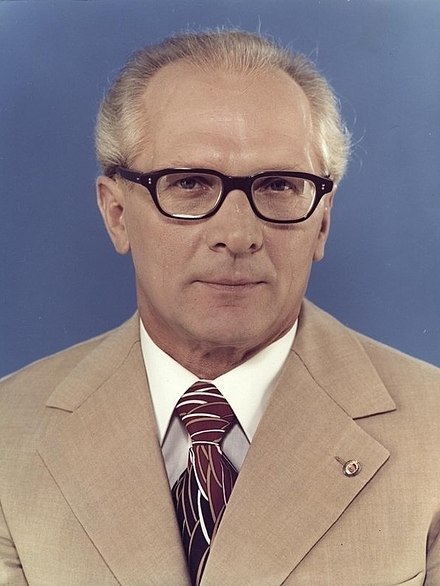I am fully aware that a revolution by definition means killing of people, and may be seen as a kind of war -- sad, but necessary mean to eradicate oppressors.
Some revolutions are relatively civilized -- for me, such an ideal is Paris Commune, praised by Marx and Engels.
While killing may be necessary, I feel terrible disgust, fear and revulsion against tortures and cruelty, especially senseless and unnecessary, directed by some mental degeneration like sadism, not by e.g., a need to extract information which may save hundreds.
The Revolution of 1917 started a new precedence in human history, liberating millions of people, giving them education, medical care, lifting poverty, reducing inequalities, liberating women, fighting nazism and hundreds good things more. And yet, the 1917 -- 1922 history has some dark pages. Excuse me citing Wikipedia (Prolewiki seems to not have Red Terror page):
At these times, there were numerous reports that Cheka interrogators used torture. At Odessa, the Cheka tied White officers to planks and slowly fed them into furnaces or tanks of boiling water; in Kharkiv, scalpings and hand-flayings were commonplace: the skin was peeled off victims' hands to produce "gloves";[68] the Voronezh Cheka rolled naked people around in barrels studded internally with nails; victims were crucified or stoned to death at Yekaterinoslav; the Cheka at Kremenchuk impaled members of the clergy and buried alive rebelling peasants; in Oryol, water was poured on naked prisoners bound in the winter streets until they became living ice statues; in Kiev, Chinese Cheka detachments placed rats in iron tubes sealed at one end with wire netting and the other placed against the body of a prisoner, with the tubes being heated until the rats gnawed through the victim's body in an effort to escape.[69]
[68] Melgunov, Sergei Petrovich (1925). The Red Terror in Russia. London & Toronto: Dent (reprinted in 1975 by Hyperion, Westport, CT. ISBN 0-88355-187-X). [69] Leggett, George (1981). The Cheka: Lenin's political police. The All–Russian Extraordinary Commission for Combating Counter–Revolution and Sabotage, December 1917 to February 1922. Oxford: Clarendon Press. ISBN 0-19-822552-0.
You know, I can imagine how counter-revolution was strong, how oppressed people could be angry, that the White Army probably made similar things, yet I cannot mentally justify such cruelty. Why just not kill these people? Why such cruelty and sadism? For me, this is terribly sad, depressing and disgusting.
I know that these events may be a great tool for liberals and fascists to disrepute the idea of communism. They are eagerly used by biased propaganda as "The Black Book of Communism". But we know that there is no other way as communism for humanity to survive, and yet we must deal with dark hours of the history. What are your thoughts and feelings about this?
There is an interesting view of not a Bolshevik, but their enemy, General William S. Graves (1918):
“There were horrible murders committed, but they were not committed by the Bolsheviks as the world believes. I am well on the side of safety when I say that the anti-Bolsheviks killed one hundred people in Eastern Siberia, to every one killed by the Bolsheviks.”
I agree with you, but you have to see the historical context. Not as a way of justifying it, but seeing it in context of the time period. Torture was just standard practice throughout most of human history, and it only became morally reprehensible quite recently.
Communist revolutions exist in the context of the time period that it occurs instead of a lofty human evolution that advances social development by a couple of centuries. Later revolutions such as that of DPRK and Cuba toned down or eliminated torture significantly. Same with Russian treatment of Nazi POWs compared to the treatment of Whites.
Paris Commune wasn't a "true" revolution in that it was a revolution that filled in a temporary power vacuum instead of replacing an existing power structure. I don't think there were many political prisoners to torture or active grievances that were created during the revolution.
I am so thankful for science and technology that changed material conditions and thus implicitly social conditions so tortures are seen barbarous these days. I hope future will bring still less suffering.

